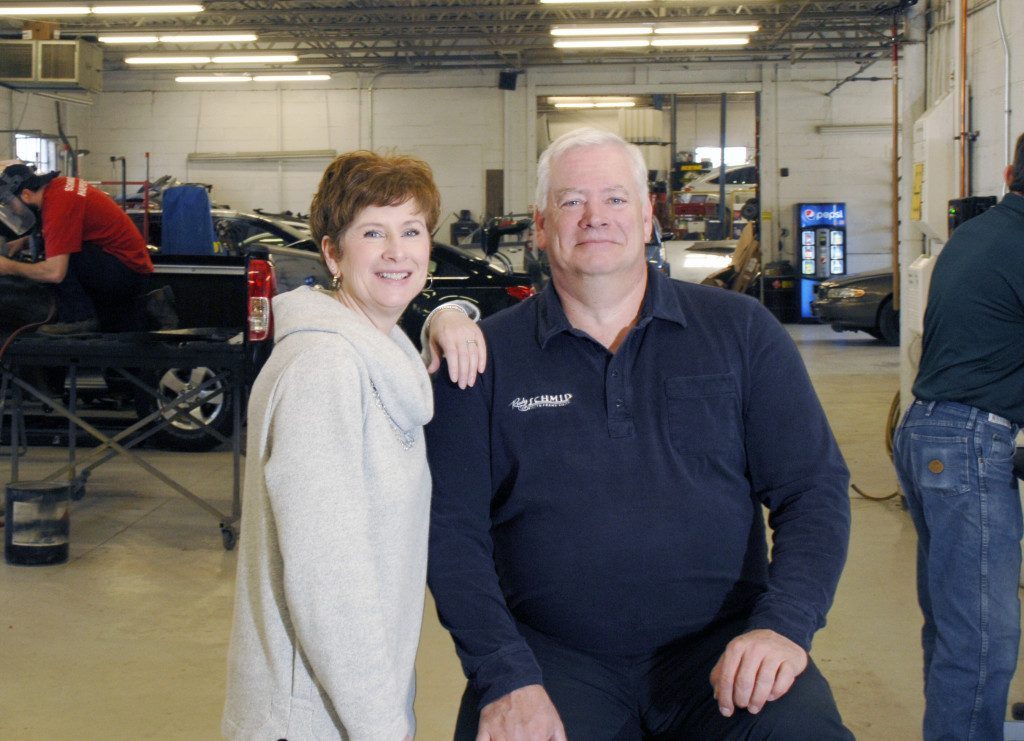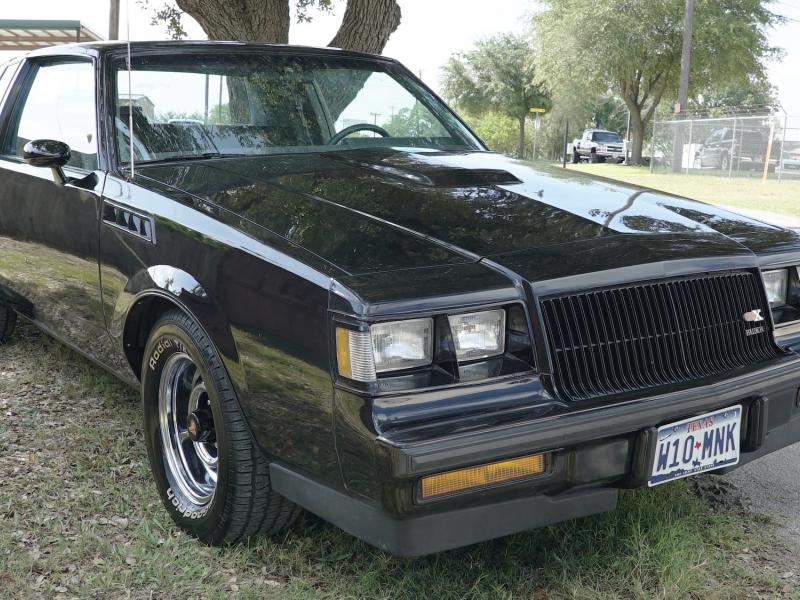Industry Pulse | Running Rudy Schmid Total Car Care as a woman, third-generation owner
Seated in the hotel Starbucks, aiming to catch up on a few emails in between sessions at a Women Presidents’ Organization (WPO) conference in Baltimore, a nice lady sat down directly across from me. It didn’t take but a few moments for us to begin chatting and to discover that we’re both women in the auto industry. Chance had brought me together with Diane Schmid-McCall, the third-generation owner of Rudy Schmid Total Car Care in Syracuse, N.Y.
Our conversation continued long after the conference, and I just felt like her story needed to be shared with our readers and other young women who may be facing similar challenges in taking the reins of their family businesses.
You grew up in the auto industry, specifically on the repair and body work side of the business. What was it like for you growing up around that environment?
The Shop was as much “home” as our house was. Dinner conversations often included stories about customers, employees, vendors and insurance adjusters. There were so many life lessons to be taught to eight children (yes EIGHT; 6 girls and 2 boys) about running a business. These stories provided us life skills on how to take care of customers with integrity and honesty; they taught us how to negotiate, manage time, people and resources. Above all, we learned about hard work, sacrifice and commitment.
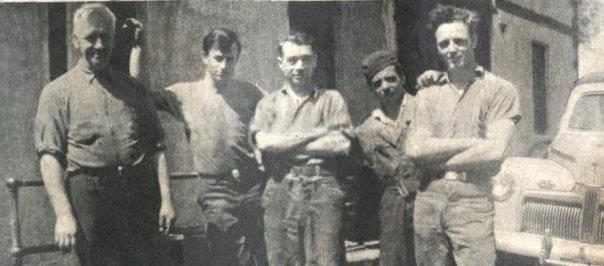
A vintage photo from Rudy Schmid’s.
Rudy Schmid’s is a family business, and you’re the third generation to take over. What has it been like shouldering the responsibility for your father and grandfather’s legacies, particularly as the first woman leading the business?
Family pride is a powerful motivator. I had the benefit of the previous generations that worked tirelessly to establish our name and reputation.
My grandfather, Rudy — a German immigrant with only a short time in this country — had the courage to start a business one year in to the Great Depression. He was known for giving others an opportunity to work and learn a trade. His customers valued his quality work at a fair price.
My father Paul was much like his father — a bit more comfortable with risk taking as he, too, grew the business. He brought the first frame measuring and straightening equipment into our market, and we became the “go-to” for those services in the region. These patriarchs provided me with strong, entrepreneurial genes. I did not think about being non-traditional (a woman) in the industry. It was natural to become the next generation for the business.
You took the lead at the young age of 24. I certainly don’t think I would have been ready to take over any business at that age. What do you wish you would have known back then that would have helped you most?
Oh my gosh, that list is long. My brother and business partner, PJ, was only a few years older than me when we purchased the business from our father. The staff that worked for us had been our dad’s employees; we had been their co-workers and now we were their bosses.
I had to stand my ground when my Dad was ready to retire and the discussion of transferring ownership began. I used his negotiation skills to secure my role in the company. At first, I was offered only a small percentage of the business, but I was able to convince both my brother and my father that if they wanted me to stick around it needed to be 50-50 equal partnership.
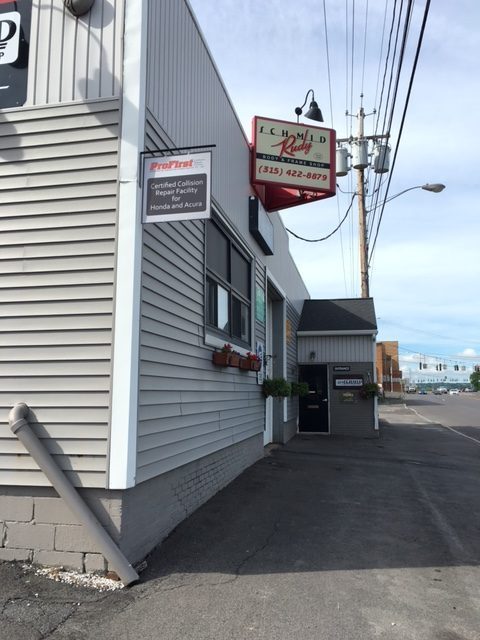
The first three-to-five years of the transition of ownership were difficult. We matured quickly, because we had to; we became experts through trial and error. We had to support each other and be very patient (a virtue you lack at 24 years of age). We were smart enough to know we had a lot to learn and were anxious to attend industry training programs, as well as seeking out experts who would guide us with regard to HR, finances and legal matters.
Customers also had to accept the absence of our father and develop faith in us to continue the consistency of service they were accustomed to. We had to establish credit and credibility with vendors, bankers, lawyers and accountants.
I have had the immeasurable benefit of several mentors who were critical to developing my confidence and the management style that helped us transition Rudy Schmid’s from our “father’s business” to our business.
The auto repair business model is changing quite a bit, mostly at the demand of the Internet and the proliferation of information out there. What have been your biggest challenges as the shift in connecting with your customers has evolved since running in the company?
We, too, use many online subscriptions to provide our staff and our customers the latest information on correct repair methods. We prefer to dispel myths and educate our customers.
Providing the right information ensures we remain the experts in our market. We utilize our Facebook page to provide educational materials. We have held two Car Care Clinics for women to empower them to be savvier, less vulnerable automotive consumers. We want to be at the top of our customers’ list as a reliable source of information.
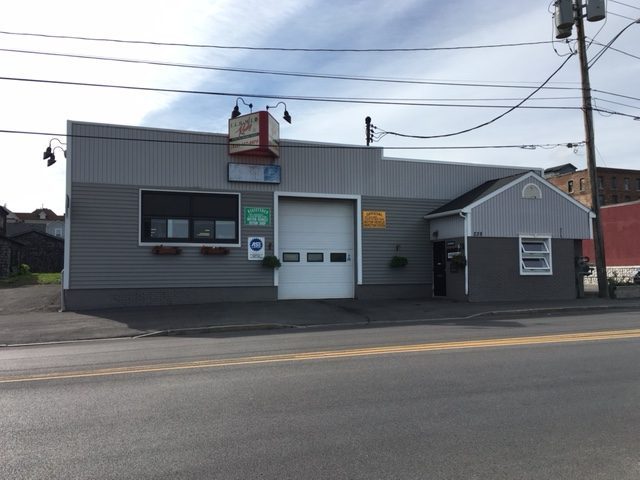
How have you adapted Rudy Schmid’s to accommodate the current online environment for businesses, where one bad apple (or customer review) can spoil everything?
With regard to social media and online reviews, I have shared with other business owners, “Be careful what you wish for.”
In the development of our website we became very aware of the benefits of online reviews. We have always sent thank-you letters to our collision customers. With the use of ConstantContact, we added service department customer thank-you letters as well.
We also have asked our customers to post a review to Google or Yelp about their experience at our shop. Well, the initial reviews came in, slowly at first, but they were all great reviews. We were thrilled! That is, until a disappointed customer posted a poor review. We felt terrible; we wanted to make it right. We immediately contacted the unhappy customer and scheduled an appointment to address their concerns. We took care of the items and when making a follow-up call; we asked if they would update their review. We did not ask them to take down their initial review but merely asked them to update their comments since we had them come back. They were gracious enough to post a second review and new customers, numerous times, have told us the reason they came to our shop was because of the reviews and, in particular, how we handled the unhappy customer.
Reputation manager has always been one of the hats I’ve worn as a business owner. The environment in which we manage our businesses has changed to such a degree that we cannot rest on our laurel. We must stay at the top of our game every day.
Our customers expect it; future customers are looking for it.
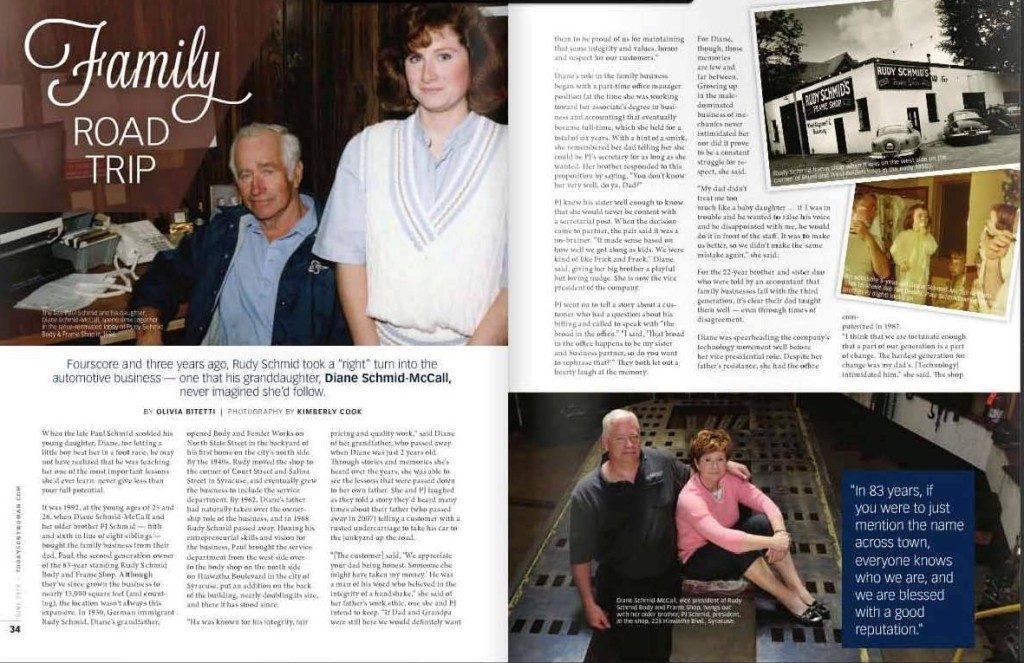
How important is it to remain focused on the community immediately surrounding you? How does that impact the company long-term?
Being born and raised here in Syracuse we know our market. Like many communities, we have lost thousands of manufacturing jobs, and we have survived several recessions.
Our repair facility’s central location allows us to serve both suburban and urban customers. By diversifying our offerings we have broadened our customer base and focused our efforts on services the community needed and valued.
Syracuse has evolved in to a community that includes professional services of all kinds, higher education and light industrial jobs. These changes have managed to sustain our local economy. We also had to change with the marketplace, identifying that we needed to reach the students at the local universities. We saw the importance of providing the safest and most reliable services to our senior citizens and local families. We knew the benefit of adding a rust-proofing franchise to help our customers protect their investment against the harsh Central New York winters. We also see an opportunity to service fleets of municipalities and schools.
We are grateful to a community that has helped make us successful us for 86 years. Every month in 2015, our 85th year in business, we featured a local non-profit on our Facebook page and collected donations at our location, matching whatever donations we received.
I have also chaired a golf tournament for Charity for Children, a local agency providing services to families with chronically & terminally ill kids, for 11 year. My brother PJ is very involved with the local high school marching band and Boy Scout troop.
Our founders instilled in us the importance of giving back.
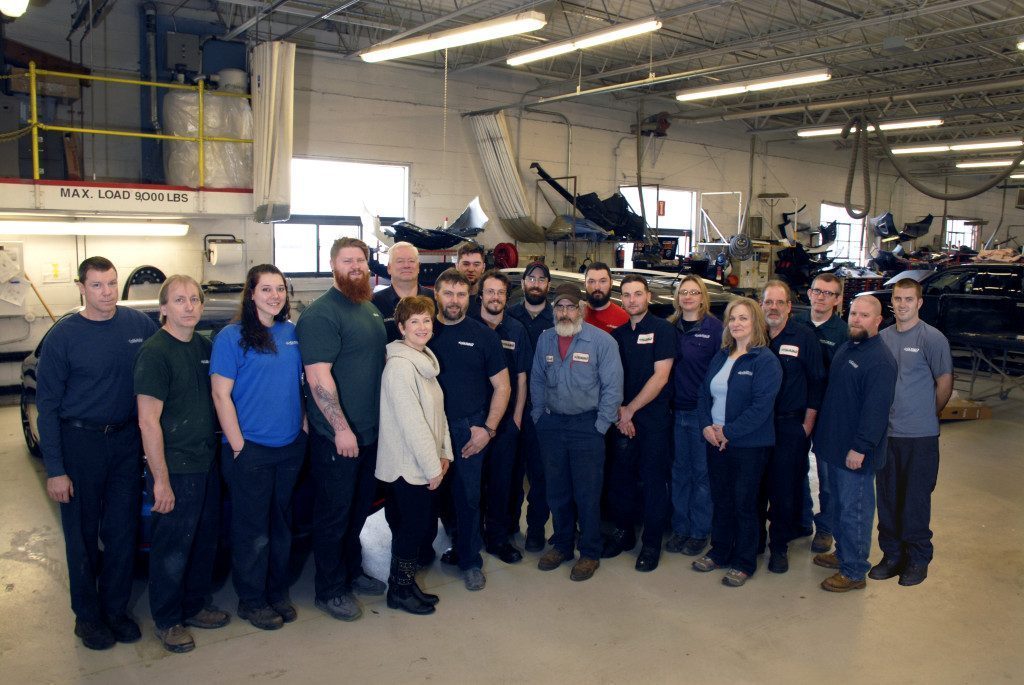
How has the shift from “mechanical” needs when working on vehicles to “technical” changed the way you hire, train, do work altogether?
Today’s vehicles are definitely more complex. Our investment in equipment and training is ongoing. In 2013, we made a commitment to become I-CAR Gold certified. We are approaching our 2016-2017 renewal which means each member of our staff has committed to and completed more than 6-12 hours of continuing education. Also, our I-CAR Golf status makes us eligible to be a Honda/Acura ProFirst facility. We are also certified and equipped to service the new aluminum body trucks, such as the Ford F-150.
We maintain ASE testing and re-certification for our service department technicians, which includes heavy duty trucks. And we attend any local and regional classes offered for service and new products.
As a small business owner, would you say the old adage “adapt or die” holds true? What makes adaptation so important?
Syracuse and the Central New York region have had a declining population since 1990. Despite this decline, our market remains quite competitive. In 2012, we were nominated for a Small Business Administration (SBA) Emerging Leaders program. I had the opportunity to participate in a seven-month course with other small business owners, where we developed three-year business plans. Our plan includes staff development, service diversification, re-branding and facility improvements.
The SBA program not only helped us to identify our strengths in this shrinking market and how we could sustain our 86-year-old business, but it also helped us define how to successfully grow it.
As we approached 2016, it was time to reset and reexamine our business plan. We focused on financial analysis and budgeting. Our marketing budget was first on the list: we had great data from our website and mobile website, which provided us strategic information on our target customers.
Our team conducted an in-depth analysis to identify our best customers, which services were they looking for, and how we could best serve their needs while ensuring growth and profitability for our business.
The online results are so measurable that it allows us to adapt quickly with our messaging. We have moved away from traditional advertising and allocated most of the budget to online and social media efforts.
In 2009, we adopted a Continuous Improvement model (aka: Lean Initiative/Lean Six Sigma/The Toyota method). It was a critical time as the recession was upon us. We identified waste in the workplace; we identified key performance indicators to build effective processes and procedures to ensure consistency in our finished products. We wanted to focus on standards that would ensure profitability and customer satisfaction.
It was a culture change and commitment that we continue to pursue today.
What lesson(s) would you like to share with other women in similar positions to yours — those who, perhaps, are nearing a takeover of the business their fathers began?
My first bit of advice is not to worry about being female. If you see yourself as needing to prove yourself just because you are a woman, you will always be burdening yourself with proving that.
You cannot enter a family business as someone “entitled” to be there. You have to WANT to be there. You need to have the PASSION to be there. You will need perseverance and persistence. You should be able to present yourself as if you are THE BEST person to lead and inspire.
I would also advise to be open to learning. Listen, read, network, participate, shadow and ask questions. It’s amazing what still needs to be learned!!
